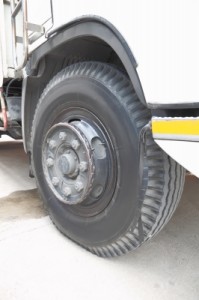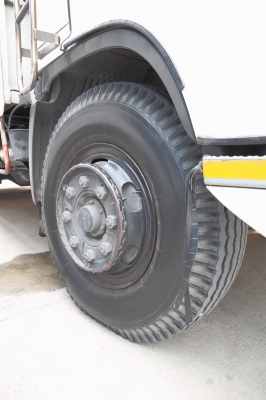 Philippine transport stakeholders are asking three government agencies to intervene and help defer a daytime truck ban that Manila will start implementing on Feb. 24.
Philippine transport stakeholders are asking three government agencies to intervene and help defer a daytime truck ban that Manila will start implementing on Feb. 24.
In place of the impending truck ban, the stakeholders led by the Port Users Confederation (PUC) are suggesting specified truck routes to allow truck operators to manage deployment intervals to avoid congestion on roads.
As an offshoot of the Feb 10 meeting called by PUC and attended by Manila’s port operators, truckers and the Philippine Ports Authority, a letter was sent to each of the Department of Transportation and Communications, Department of Trade and Industry, and the Metro Manila Development Authority seeking their intervention to stay the ordinance, which stakeholders said would hurt the economy as well as consumers.
The letter, dated Feb. 12, was signed by PUC president Roberto de Ocampo.
On Feb. 5, Manila Mayor Joseph Estrada signed Ordinance No. 8336 amending certain provisions of City Ordinance No. 8092 (otherwise known as the “Traffic Management Code of the City of Manila and Appendix V thereof and for Other Purposes”).
The ordinance bans all trucks with eight wheels and more and gross weight of 4,500 kilograms from plying Manila streets from 5am to 9pm. The trucks will only be allowed on designated truck routes from 9pm to 5am.
PUC said that as taxpayers, employers and economic prime movers of the country, they are appealing to the government agencies “to intervene, in behalf of the affected industries, for the implementation of the Amended Truck Ban to be deferred.”
Misperception
The association disputed the notion that trucks create traffic in Manila. “The implementation of the truck ban (in) reality … shows that this (perception) is misconceived,” it said, adding that most major roads in Metro Manila are congested even during periods when there is a truck ban.
Limiting the window for trucks to only “eight unholy hours” would exacerbate the congestion at the ports, it said.
“Things… could get worse after the ban when droves of trucks start rolling in all together, especially when there are no road marshals to direct traffic.”
On the other hand, the association’s proposal for the designation of specified truck routes would mean “unlimited movement” of trucks, contributing to management of deployment intervals which would avoid the situation of trucks being “all together in one same road section at the same time.”
PUC said businesses are the most affected by the traffic in Manila, noting that the nature of business of port users is “facilitating the timely delivery of goods and materials to factories, malls and trading houses,” with every delayed delivery causing additional costs.
Manila is home to the country’s three main ports as well as many warehouses.
The ban would also negatively impact consumers, as costs incurred due to delays will “eventually be passed on to them, increasing the prices of finished products,” PUC said.
The association asked that further studies and consultation between truckers’ group representatives and the government be “undertaken to draw up a more rational truck traffic management program for the whole Metro Manila that would be beneficial not only for the interest of the motorists, but for the bigger interest of the Philippine economy.” –– Roumina M. Pablo
Image courtesy of Keerati / FreeDigitalPhotos.net





